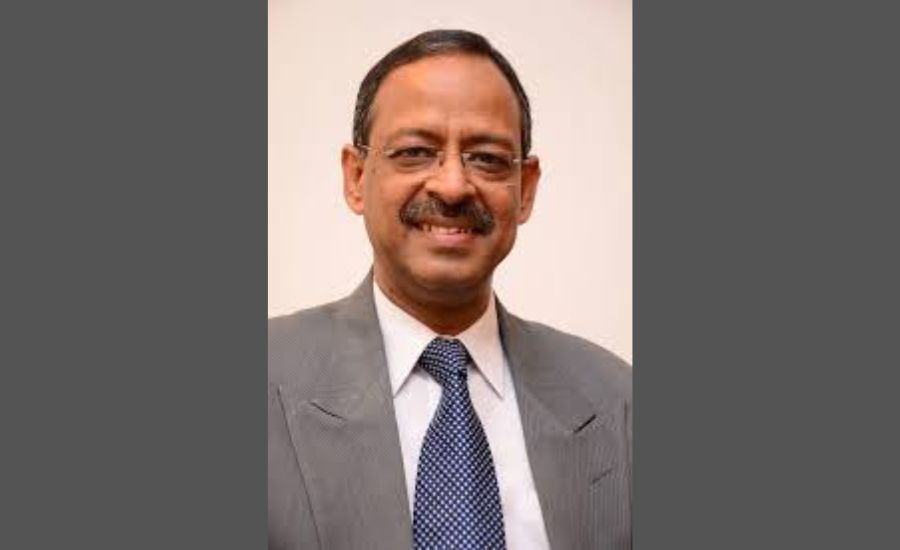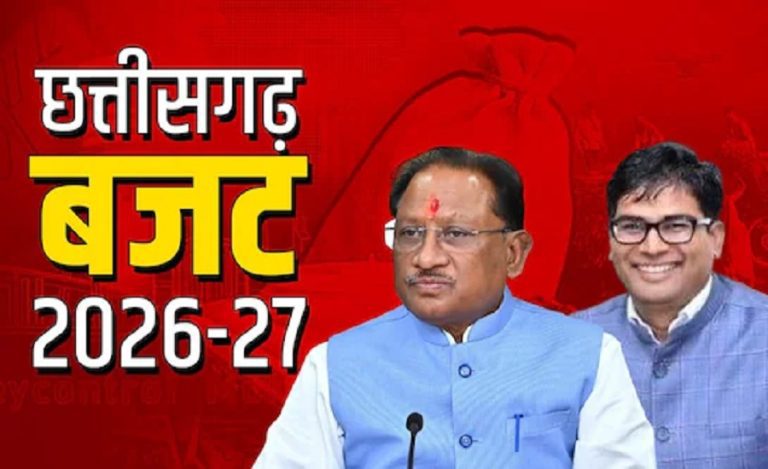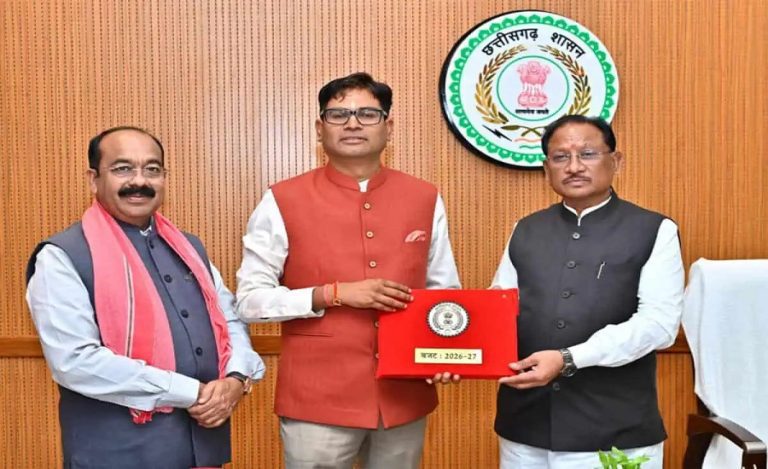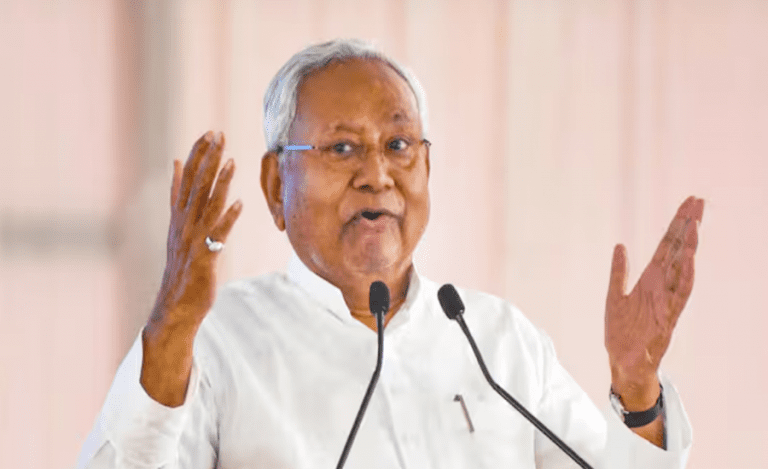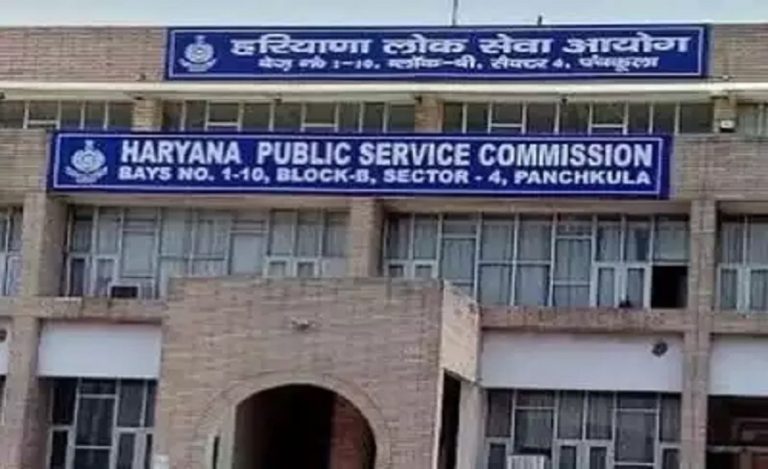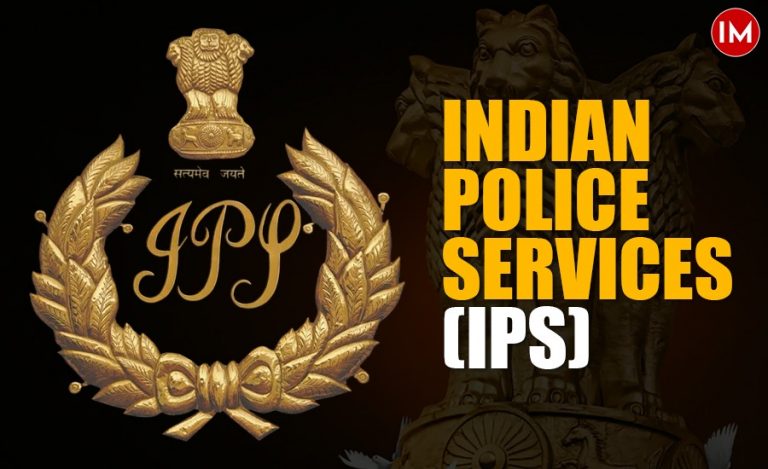Pune: Former IAS officer Anil Swarup, a 1981 batch Uttar Pradesh cadre officer, has issued a stern warning about the potential problems arising from the proposed delimitation of constituencies in India. Speaking at the ‘4th Late B G Deshmukh Memorial Lecture 2025’ at MIT World Peace University (MIT-WPU), Pune, Swarup highlighted the growing economic, social, and political divide between North and South India and cautioned that it could threaten the country’s unity.
Growing North-South Divide: Economic and Social Disparities
Addressing an audience at the event organized by the Department of Economics and Public Policy at MIT-WPU in collaboration with the Public Concern for Governance Trust (Pune Chapter), Swarup elaborated on the widening gaps between India’s northern and southern states. He noted that southern states are witnessing growth rates between eight to ten percent, while northern states such as Uttar Pradesh and Bihar lag behind at four to six percent growth.
He further emphasized the stark differences in social indicators, citing lower infant and maternal mortality rates and higher literacy levels in southern states compared to their northern counterparts. Politically too, Swarup remarked on the contrasting landscapes, highlighting that southern and northern states often display divergent voting patterns.
Delimitation Concerns: Political and Psychological Dimensions
Swarup framed his discourse around two dimensions of delimitation: the political delimitation of constituencies and what he termed the “delimitation of the mind.” He questioned the rationale behind proposals that would increase political power in the north, asking, “Should we punish states that controlled population growth and reward those that did not?”
He warned that such political restructuring might deepen communal, caste, or political divisions, posing grave challenges to India’s unity. “This process of delimitation could create very serious problems for the country,” he said, urging policymakers to carefully consider the broader implications.
Call for Mindset Change and Effective Leadership
Beyond political issues, Swarup spoke about the importance of personal and societal transformation. He encouraged individuals, especially students and civil service aspirants, to focus on unlocking their true potential by prioritizing self-improvement and clear communication over blaming external circumstances.
Highlighting that ideas hold power only when effectively communicated, he stressed the value of honesty combined with efficiency for true leadership. He also advised aspirants to develop strong analytical, communicative, and confident personalities alongside deep knowledge.
About Anil Swarup
Anil Swarup is a retired IAS officer known for his tenure as the Coal Secretary and as founder-chairman of the non-profit Nexus of Good. His extensive administrative experience and critical insights into governance and policy have earned him respect across India.
Read also: IAS KK Lakshman Appointed Special Secretary to Delhi LG in Major Bureaucratic Reshuffle

